Harold E. Wolfe9781443723039, 1443723037
Introduction to NON-EUCLIDEAN GEOMETRY by HAROLD E. WOLFE . PREFACE: This book has been written in an attempt to provide a satisfactory textbook to be used as a basis for elementary courses in Non-Euclid ean Geometry. The need for such a volume, definitely intended for classroom use and containing substantial lists of exercises, has been evident for some time. It is hoped that this one will meet the re quirements of those instructors who have been teaching the subject tegularly, and also that its appearance will encourage others to institute such courses. x The benefits and amenities of a formal study of Non-Euclidean Geometry are generally recognized. Not only is the subject matter itself valuable and intensely fascinating, well worth the time of any student of mathematics, but there is probably no elementary course which exhibits so clearly the nature and significance of geometry and, indeed, of mathematics in general. However, a mere cursory acquaintance with the subject will not do. One must follow its development at least a little way to see how things come out, and try his hand at demonstrating propositions under circumstances such that intuition no longer serves as a guide. For teachers and prospective teachers of geometry in the secondary schools the study of Non-Euclidean Geometry is invaluable. With out it there is strong likelihood that they will not understand the real nature of the subject they are teaching and the import of its applications to the interpretation of physical space. Among the first books on Non-Euclidean Geometry to appear in English was one, scarcely more than a pamphlet, written in 1880 by G. Chrystal. Even at that early date the value of this study for those preparing to teach was recognized. In the preface to this little brochure, Chrystal expressed his desire to bring pangeometrical speculations under the notice of those engaged in the teaching of geometry He wrote It will not be supposed that I advocate the introduction of pan geometry as a school subject it is for the teacher that I advocate such a study. It is a great mistake to suppose that it is sufficient for the teacher of an elementary subject to be just ahead of his pupils. No one can be a good elementary teacher who cannot handle his subject with the grasp of a master. Geometrical insight and wealth of geometrical ideas, either natural or acquired, are essential to a good teacher of geometry and I know of no better way of cultivat ing them than by studying pan geometry. Within recent years the number of American colleges and uni versities which offer courses in advanced Euclidean Geometry has increased rapidly. There is evidence that the quality of the teaching of geometry in our secondary schools has, accordingly, greatly improved. But advanced study in Euclidean Geometry is not the only requisite for the good teaching of Euclid. The study of Non-Euclidean Geometry takes its place beside it as an indispensable part of the training of a well-prepared teacher of high school geometry. This book has been prepared primarily for students who have completed a course in calculus. However, although some mathe matical maturity will be found helpful, much of it can be read profitably and with understanding by one who has completed a secondary school course in Euclidean Geometry. He need only omit Chapters V and VI, which make use of trigonometry and calcu lus, and the latter part of Chapter VII. In Chapters II and III, the historical background of the subject has been treated quite fully. It has been said that no subject, when separated from its history, loses more than mathematics. This is particularly true of Non-Euclidean Geometry… | |
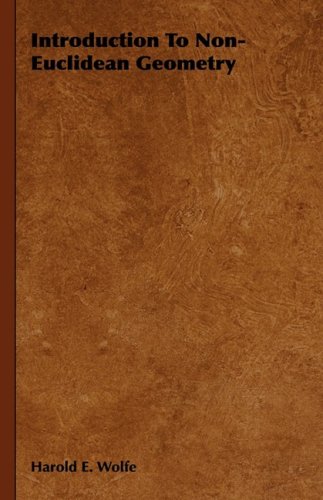
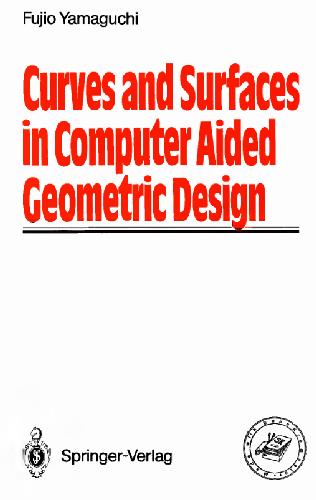


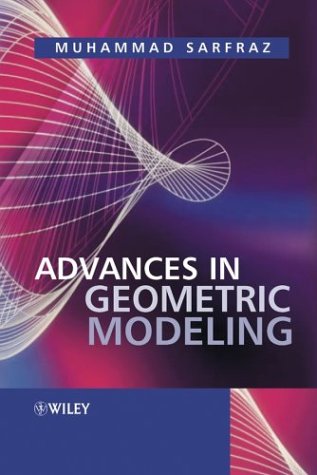
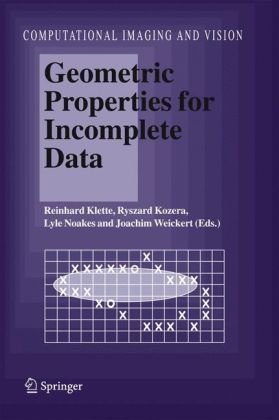
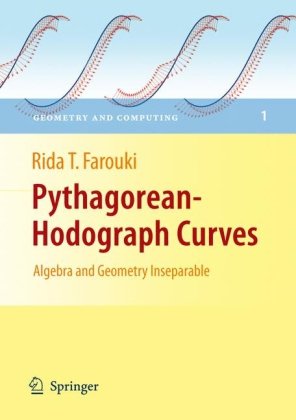
Reviews
There are no reviews yet.